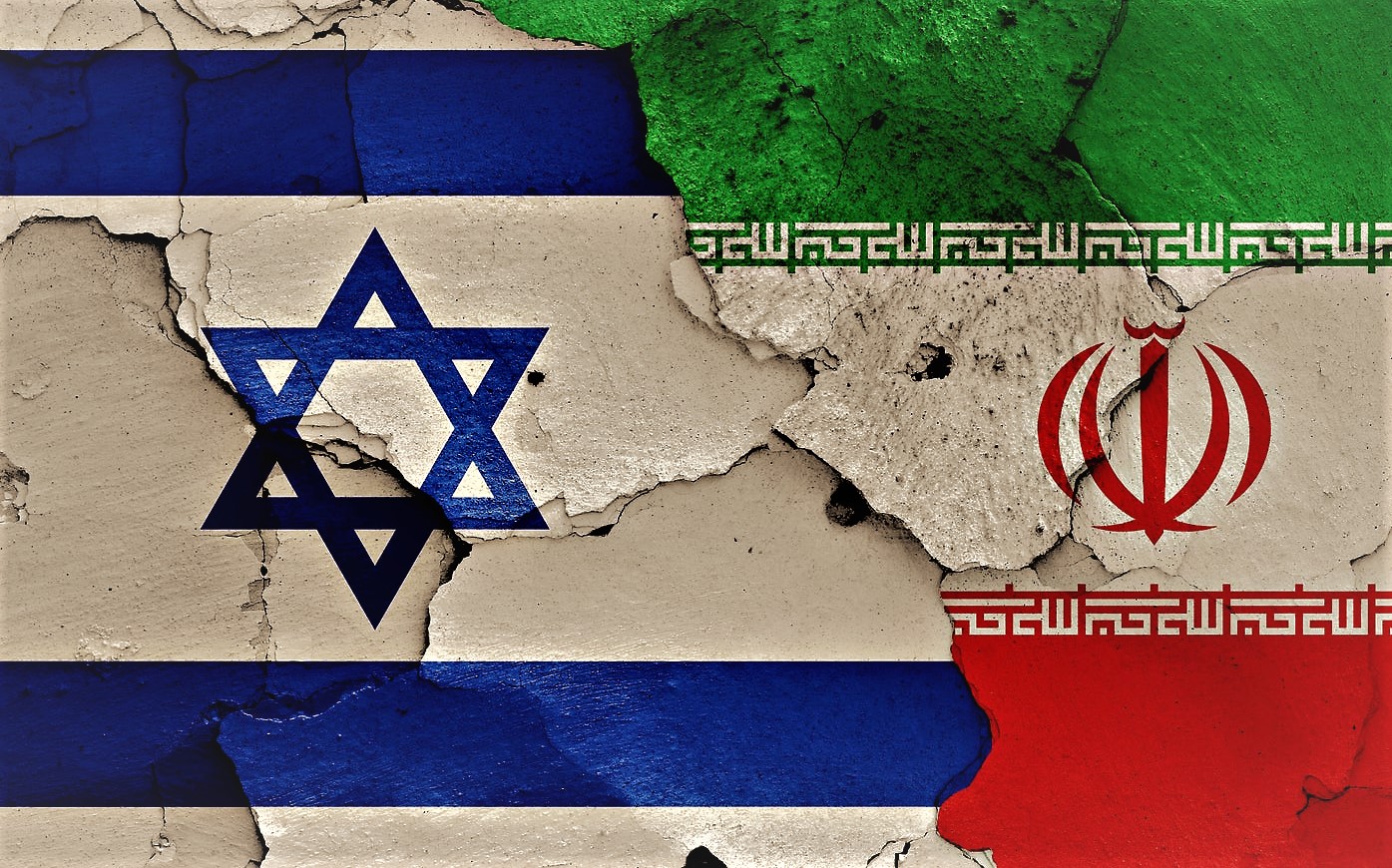Today we’re talking about Iran Vs Israel History. Strategic interests and religious rivalry have played a role in Iran’s hostile view toward Israel, while both parties view Iran as a potential threat to regional stability; they have both issued warnings of Tehran’s intentions on multiple occasions.
Iran has supported a number of dangerous armed groups, such as Hezbollah and Sunni militants in Iraq, Syria and its own southeast provinces.
The Origins of the Conflict
In Iran Vs Israel History. Israel and Iran have long had a contentious relationship, yet this hostility was not always the case. Before Iran’s 1979 revolution that overthrew Shah Mohammad Reza Pahlavi and established Shiite theocratic republic under Ayatollah Ruhollah Khomeini established Shiite theocratic rule under Khomeini, Tehran and Tel Aviv had more cordial relations.
In 1948, both countries recognized Israel as a Jewish state and established close ties between it and non-Arab states as part of Prime Minister David Ben-Gurion’s “periphery doctrine.” Iran’s then leader Mohammad Mosaddegh served on one of 11 committees that devised the partition plan for Palestine that eventually received General Assembly approval.
Khomeini and his supporters soon after the revolution saw Israel as an enemy of Islam, cutting all official relations, banning Israeli passports, and stopping cultural exchanges between Iran and Israel – even going so far as sending 1,500 Islamic Revolutionary Guard Corps (IRGC) advisers to Lebanon to train and arm Shiite militia known as Hezbollah; part of their grand strategy to threaten Israeli interests around the region.
The 1948 Arab-Israeli War
From Israel’s Declaration of Independence on May 14, 1948 until British Mandate ended at midnight on June 15, 1948, Israeli forces were outnumbered by five-nation military coalition. Rogan and Shlaim noted that King Abdullah personally led an Arab Legion that had received training and equipment from British authorities; this force was its main strength.
By October, Israel had managed to push Egyptian army units back into the Negev and corner a brigade under Major Gamal Abdel Nasser inside Faluja’s pockets. Egypt appealed for support from Arab allies but received none.
Disunity within Arab ranks gave Israel ample leeway to maneuver against rivals within it and ultimately dominates 78% of what had once been Mandatory Palestine, including Jerusalem and areas around Tel Aviv as well as what later became West Bank and Gaza Strip territories. Jordan, Transjordan and Syria each held territory beyond what the UN Partition Plan provided for.
The 1967 War
On June 5, 1967, following five years of war in Israel’s north and Egypt’s blockade of the Straits of Tiran, tensions escalated dramatically. On that date, Israeli defense forces launched a preemptive strike against Egyptian forces which began the Six Day War; their victory expanded Israel’s control and set precedents for future conflicts over Jerusalem, West Bank and Golan Heights.
Iran stood apart from many of Israel’s rejectionist foes in that its pursuit of national interests did not conflict ideologically with leadership of anti-Israel efforts – instead seeing this role as central to its identity as an Islamic power.
Tehran also saw an opportunity to increase its international standing by challenging the United States. As other rejectionist countries withdrew due to military defeat (Iraq), strategic choice (Syria), or marginalization (Libya), Iran emerged as an alternative challenger on a global stage.
The 1979 Iran-Iraq War
Iran’s revolutionary leadership saw this as an opportunity to leave its mark on Middle Eastern politics, becoming one of the region’s most powerful states with over 5 million inhabitants and producing more oil than its northern neighbor, producing over 7 percent more than them and maintaining close ties to both America and providing it access to sophisticated weapons like F-14 “Tomcat” fighter aircraft.
Iran enjoyed considerable leverage over Iraq, which lacked similar advantages. Iran, with a population that consisted mainly of Shia Muslims, saw the war between them as an opportunity to foment regional discord between Sunnis and Shia communities in Iran itself as well as help create Hezbollah as Israel’s foremost guerilla adversary and support Sunni Islamist Palestinian groups.
Iran’s revolutionary worldview included ideological hostility towards Israel as an essential tenet, even while national considerations occasionally overrode revolutionary dogma in other policy realms. Though national considerations sometimes overruled revolutionary dogma in other arenas, Iran remained firm on its anti-Israel position; moreover, this became part of their regime’s self-image as an anti-American opposition center within the Middle East region – making it more difficult for Israel to find ways around Tehran’s hostility while at the same time reaching out towards Arab states seeking limited cooperation within their ranks.
The 1990 Iran-Palestinian War
Iran has shown itself unwilling to negotiate on policy regarding Israel. From Tehran’s viewpoint, Israel represents both an enemy to Islam and threat to humanity.
But in the 1990s there were first signs of an approach more nuanced to this fundamental dogma; these efforts were undone by conservative attacks against pro-reform forces (Spring 2000) and renewed Intifada which combined to reinforce support for an anti-Israel policy.
Iran began backing various partners and proxies who perceived Israel as their major foe, such as Lebanese Hezbollah – one of Israel’s most dangerous guerilla adversaries – as well as Sunni Islamist Palestinian groups like Hamas and PIJ.
Khamenei applauded Hezbollah’s victory over Israeli forces in Lebanon as proof of their just struggle and confirmation of Islamic resistance’s divine power in 2000, declaring them Iran’s primary guerilla partner; supported also by Qassem Soleimani of IRGC Qods Force.
















Leave a comment